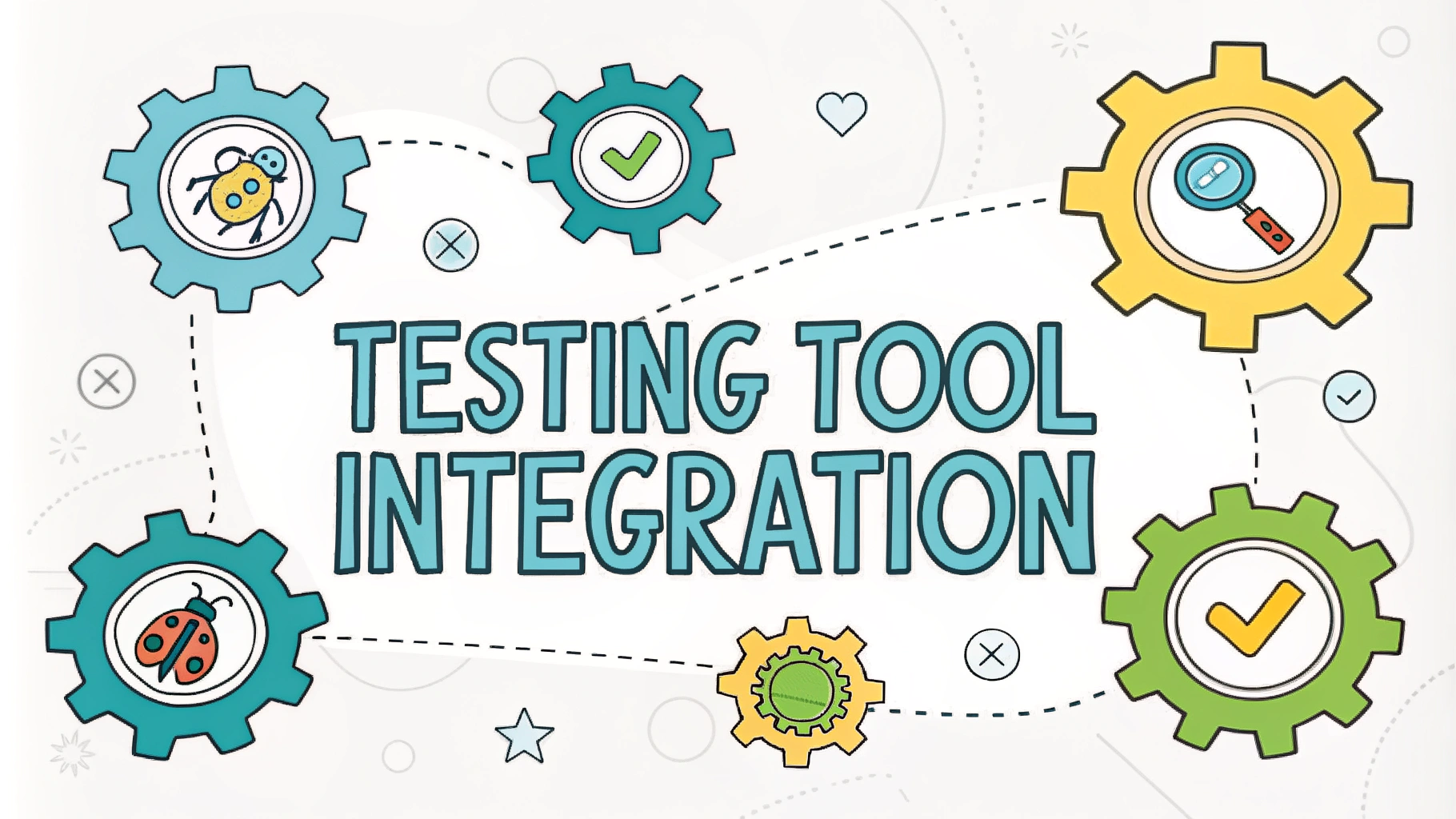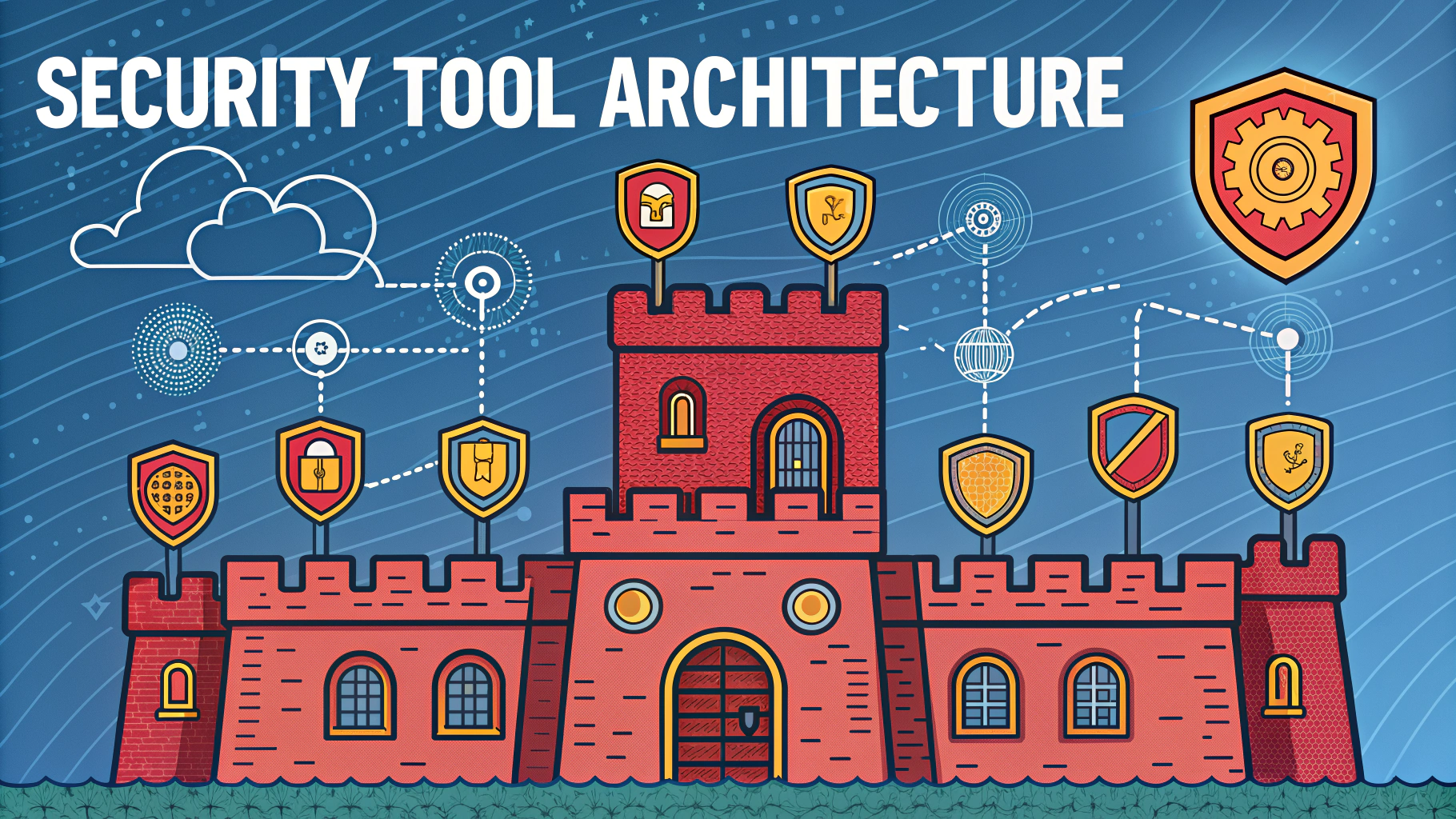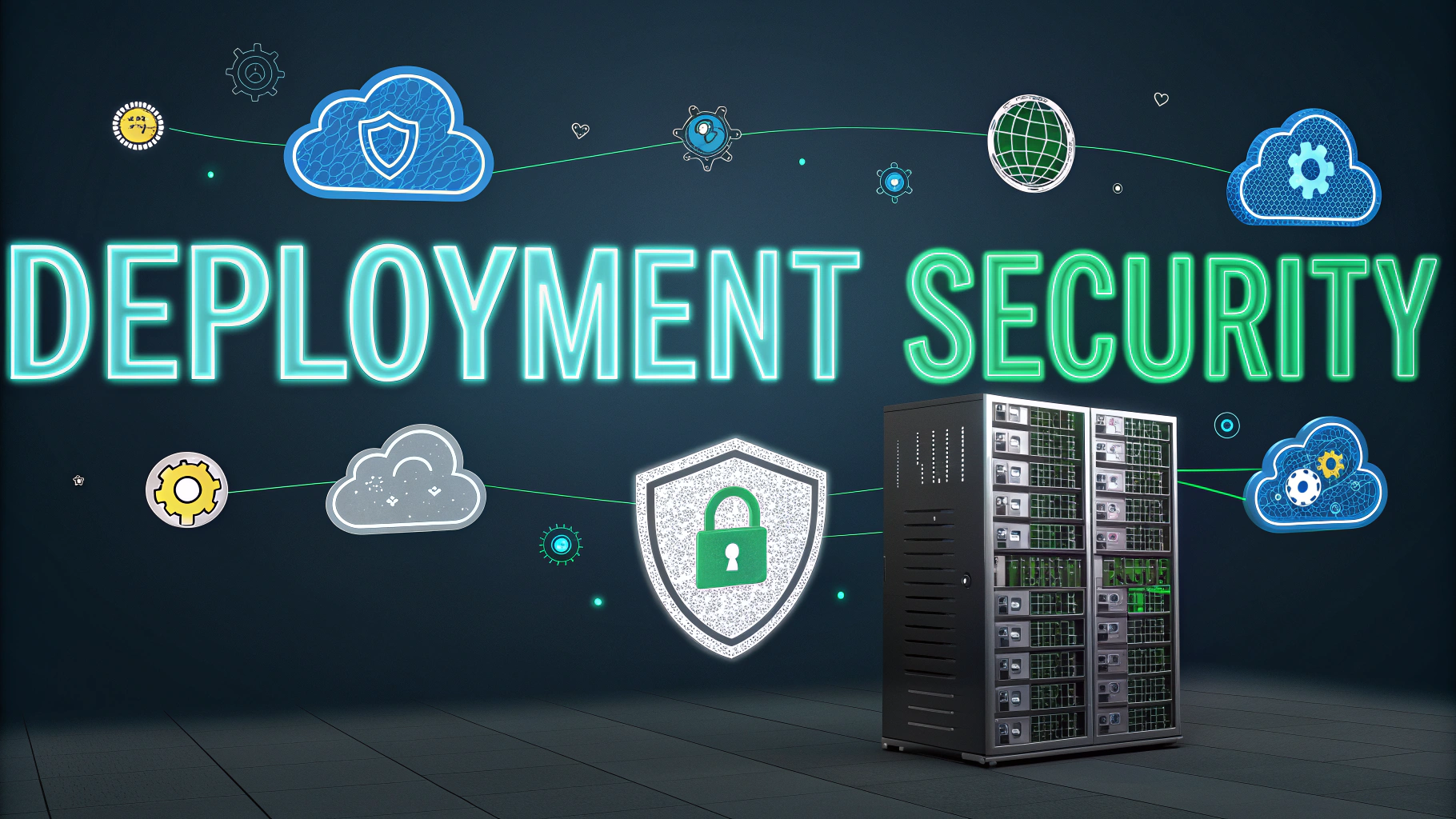Penetration testing professionals command competitive salaries due to their specialized cybersecurity skills and the growing demand for security expertise.
The compensation landscape for penetration testers varies significantly based on experience level, certifications, location, and industry focus.
Understanding current compensation trends helps both employers and security professionals make informed decisions about career paths and hiring strategies.
Entry-Level Compensation
Junior penetration testers typically start with salaries ranging from $60,000 to $85,000 annually in the United States.
- 0-2 years experience: $60,000 – $85,000
- Basic certifications (CompTIA Security+, CEH)
- Training period expected
- Often part of larger security teams
Mid-Level Earnings
Mid-career penetration testers with 3-5 years of experience earn between $85,000 and $120,000.
- 3-5 years experience: $85,000 – $120,000
- Advanced certifications (OSCP, GPEN)
- Project leadership roles
- Specialized expertise development
Senior-Level Compensation
Experienced penetration testers with 5+ years command salaries from $120,000 to $160,000+.
- 5+ years experience: $120,000 – $160,000+
- Expert certifications (OSCE, GXPN)
- Team leadership positions
- Consulting opportunities
Regional Variations
| Region | Salary Range |
|---|---|
| Silicon Valley | $110,000 – $190,000 |
| New York City | $95,000 – $175,000 |
| Chicago | $85,000 – $150,000 |
| Austin | $80,000 – $145,000 |
Additional Compensation Elements
- Annual bonuses: 10-20% of base salary
- Stock options (especially in tech companies)
- Professional development allowances
- Conference attendance budgets
- Certification reimbursement
Industry-Specific Variations
Financial services and healthcare sectors typically offer higher compensation due to regulatory requirements and sensitive data handling.
- Financial Services: +15-20% above average
- Healthcare: +10-15% above average
- Government: Generally lower, but with better benefits
- Consulting: Variable, with potential for higher earnings
Maximizing Earning Potential
- Obtain advanced certifications (OSCP, OSCE)
- Develop specialized skills (cloud security, IoT testing)
- Build a strong portfolio of documented findings
- Contribute to open-source security tools
- Present at security conferences
- Participate in bug bounty programs
Moving Forward in Your Career
Success in penetration testing requires continuous learning and adaptation to new technologies and threats.
Professional networking through organizations like OWASP (https://owasp.org) can open doors to better opportunities.
Consider joining platforms like HackerOne or Bugcrowd to build experience and supplement income through bug bounties.
Career Growth Opportunities
Beyond traditional penetration testing roles, experienced professionals can advance into several specialized career paths:
- Security Research and Development
- Red Team Leadership
- Security Architecture
- Chief Information Security Officer (CISO)
Emerging Market Trends
The penetration testing field continues to evolve with new technological advances:
- Cloud security testing specialists: $130,000 – $180,000
- IoT security consultants: $125,000 – $170,000
- AI/ML security testers: $140,000 – $190,000
Remote Work Opportunities
Remote penetration testing positions have increased significantly, offering:
- Flexible work arrangements
- Access to global job markets
- Location-independent salary potential
- Improved work-life balance
Building Long-Term Success in Security
The penetration testing field offers substantial financial rewards for those who maintain technical excellence and professional growth.
Focus on developing both technical and soft skills to maximize career potential and earning opportunities.
Stay current with industry certifications and emerging technologies to remain competitive in this dynamic field.
FAQs
- What is the average salary range for penetration testers in 2023?
Entry-level penetration testers earn $60,000-$85,000, while experienced professionals earn $100,000-$160,000+ annually, with senior positions reaching $200,000+. - Which certifications typically command higher salaries in penetration testing?
OSCP, CISSP, and CEH certifications generally lead to higher compensation, with OSCP-certified pentesters often earning 15-20% more than non-certified counterparts. - How does geographic location affect penetration testing salaries?
Major tech hubs like San Francisco, New York, and London offer 30-50% higher salaries than other regions, with Silicon Valley leading at 40% above the national average. - What industry sectors pay the highest for penetration testing professionals?
Financial services, healthcare, and technology sectors typically offer the highest compensation, with finance often paying 20-25% above industry averages. - How does contract work compare to full-time penetration testing positions?
Contract penetration testers often earn $100-200 per hour, potentially earning more than full-time positions but without benefits and job security. - What additional compensation benefits are common in penetration testing roles?
Common benefits include performance bonuses (10-20% of base salary), certification reimbursement, conference attendance, and training budgets ($5,000-$10,000 annually). - How does experience level impact penetration testing compensation?
Salary typically increases 15-25% with each 3-5 years of experience, with senior roles (10+ years) commanding double the entry-level compensation. - What’s the typical compensation difference between internal and consulting penetration testing roles?
Consulting roles typically pay 15-30% more than internal positions but often require more travel and variable working hours. - How do specialized skills affect penetration testing compensation?
Skills in cloud security, mobile testing, and IoT can increase base salary by 10-25%, with rare specializations commanding premium rates. - What’s the average annual bonus structure in penetration testing positions?
Annual bonuses typically range from 5-25% of base salary, with consulting firms offering higher percentages based on billable hours and project completion.







